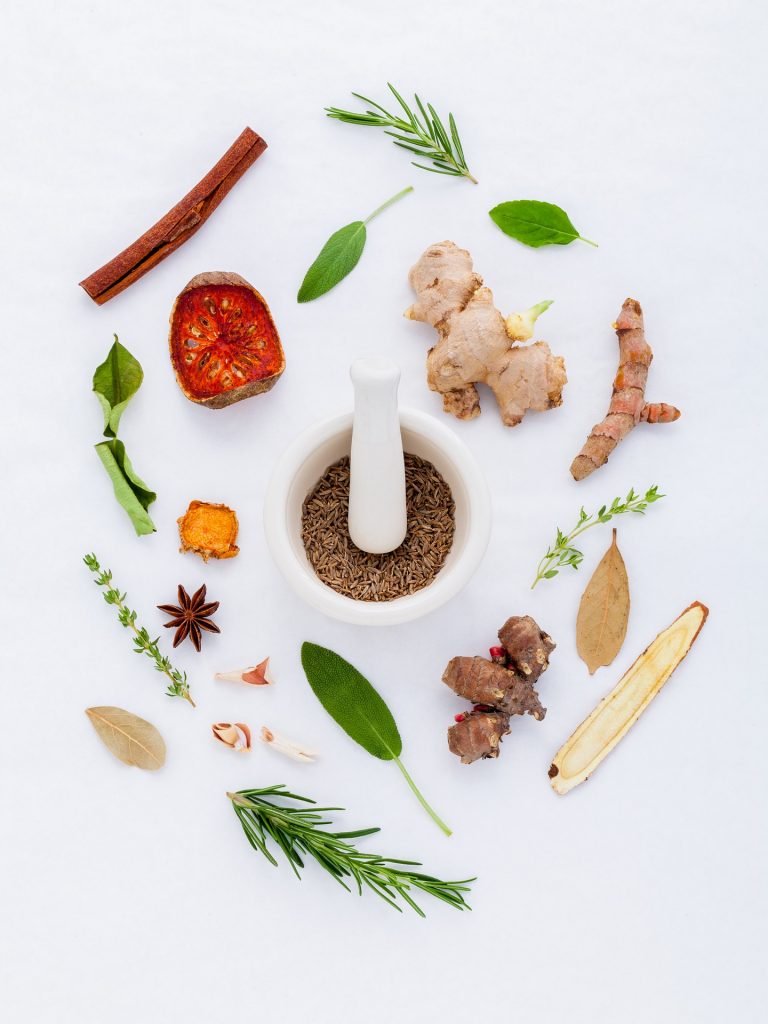All opinions are mine and mine alone.
Vitamins, Probiotics, and Herbal Medicine: The Health Craze that Isn’t so Crazy
Your grandparents knew it. Your great grandparents knew it. Probably the previous generation knew it as well. There are obvious health benefits of taking vitamins, probiotics, and herbal medicine. Learn about some of the benefits of utilizing these natural supplements in your daily life.

Vitamins
We all have good intentions. We try to eat well-balanced meals full of healthily prepared vegetables and fruits, but sometimes it’s difficult to follow through on those well-made plans.
The Center for Disease Control reports that adults should eat two cups of fruit and three cups of vegetables daily. Think about your diet over the last week. Did that bit of lettuce and tomato on top of your Taco Tuesday meal cover all your dietary requirements? Did the iceberg lettuce covered with ranch dressing give you all the vitamins you need for the day?
Perhaps you eat certain fruits and vegetables nearly every day. But do you vary them enough so that you are receiving a wide range of essential nutrients?
That’s why it’s a good idea to supplement your diet with a daily multivitamin.
As we age, our body is not as effective at absorbing nutrients into our system. Also, older people are more likely to take regular medications that can further deplete the vitamins and minerals from their systems. Consult your doctor, nutritionist, and your blood work to see what vitamins and minerals you should be adding to your daily health regiment.
Besides reducing the signs of aging, vitamins may reduce the likelihood of cardiovascular disease and cancer. Specific vitamins support eye health and can reduce the risk of macular degeneration. Vitamins keep our skin and hair healthy and glowing, and some report feeling more energetic after adding a vitamin to their daily routine.
None of this is Earth-shattering news. Many of us grew up dutifully taking a Flintstone’s multivitamin each day. Over time people have started paying more attention to not only vitamins but gut health as well.
Probiotics
Although probiotics haven’t recently been discovered, they have been getting a lot of press in the last decade. Most know that probiotics are beneficial bacteria that promote a healthy gut, and that gut health is essential to our overall health. A healthy gut is often linked to strengthening the immune system, reducing the risk of cancer, and helping maintain a healthy weight.
The tricky part of taking a probiotic is that everyone’s needs are different. One probiotic may be beneficial for a person who suffers from an upset stomach or irritable bowel syndrome. But for another person, the additional probiotic may disrupt the delicate balance of his or her own body’s systems.
Listen to your body and talk with a nutritionist about what probiotic may help you feel balanced.
Herbal Medicine
Unlike the term “probiotic,” herbal medicine has been talked about for generations. Whereas the benefits of herbal remedies in the past were mainly based on hearsay and tradition, science is now catching up and proving that some of these old remedies are beneficial.
Chamomile has been used for thousands of years, but now we know that they are rich in terpenoids and flavonoids, which work as antioxidants and anti-inflammatories.
The ancient Greeks were known to use St. John’s Wort (or root). Also known to reduce inflammation, it also has been used as an antidepressant and to reduce anxiety.
Ginger contains a substance that helps prevent vomiting. That’s why ginger ale was commonly used to calm the stomach of kids suffering from stomach bugs. For some reason, mothers in the 1970s gave their pukey kids 7-Up instead of ginger ale when they were sick. There’s no scientific proof that 7-Up has the medicinal qualities that real ginger does.
There is real science backing the use of herbal supplements. Not only are herbal supplements more affordable than some conventional medicine, but also they are readily available in the form of teas and other means of ingestion.
So, no, your interest in vitamins, probiotics, and herbal remedies is not crazy. As with every aspect of your health, make sure you do plenty of research when making drastic changes to your diet. Not every “natural” supplement is right for you. There are plenty of things found in nature that are toxic and can harm you if misused.
Do your research and seek unbiased sources. Talk with a variety of people in the medical industry, from those interested in holistic medicine to traditional doctors. Get your yearly blood work done, and talk with a professional to help you interpret the results.



Speak Your Mind